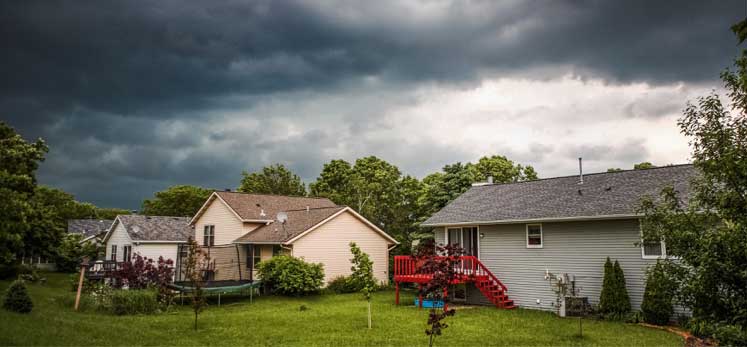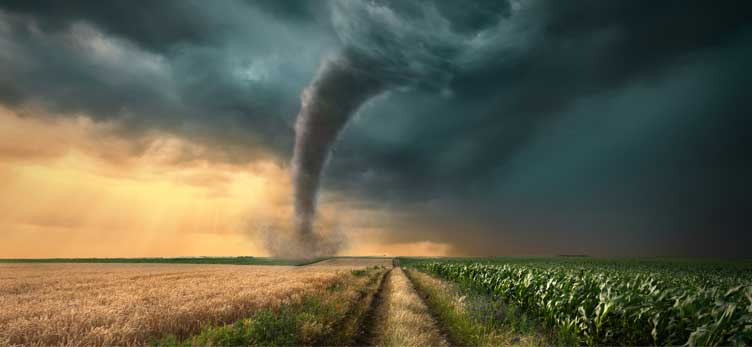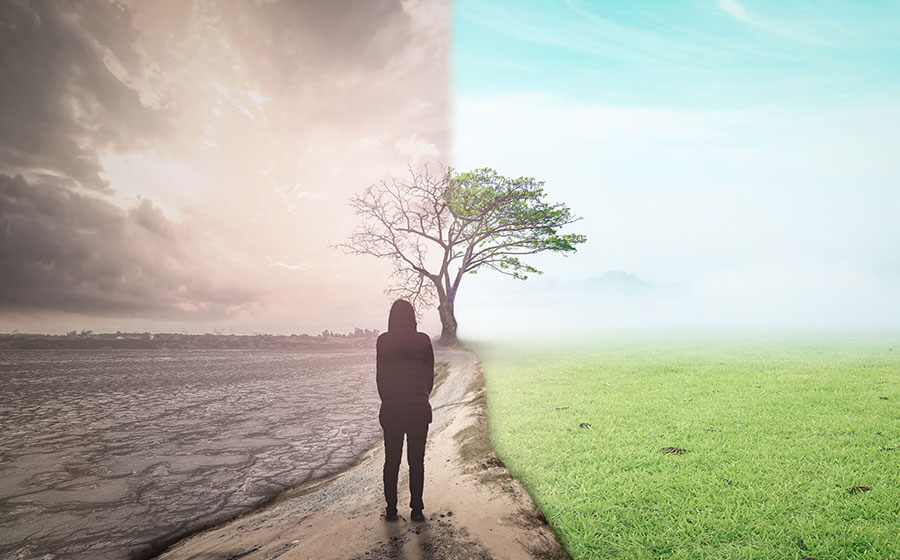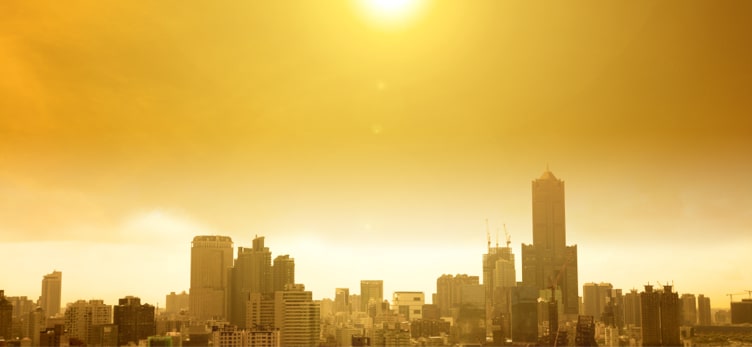- Home
- News
-
Weather Articles
-
Horoscope
- Sweepstakes
- Deal of The Day
How can tourists prepare for earthquakes and other geohazards?

When it comes to geohazards, decades of the earthquake and satellite-based ground deformation monitoring, as well as day-to-day activity reveals the most seismically active areas in the world.
Historic documents, archaeological excavations of prehistoric structures and studies of primeval soil levels also give hints of harmful recurring earthquakes in some areas. Most of these high-risk areas have well-formed public info plans, and first responders’ training to prepare for the possibility of destructive earthquakes.
For example, tourists visiting the Mediterranean region benefit from over 4,000-year written records of volcanoes, earthquakes, and related tsunamis. These historic records highlight the possible risk of buildings that lack steel reinforcement and cross beams to lessen the harm of earthquake surface waves. Undeniably, construction styles in historic districts of many cities are wholly inadequate to resist the intense ground shaking from devastating shallow earthquakes.
What can travelers do before they leave?
Here are a few steps to prepare for disasters (gathered from nationwide and global guidelines, as well as earthquake-hazard mitigation case studies:
-
Just like you track weather conditions before packing for a trip, consider the earthquake, volcano, and other related dangers from landslides, avalanche, and tsunamis worldwide
-
Get familiar with the layout of the hotel or neighborhood, check for tsunami safety points and review the guidelines for disaster responses on the Federal Emergency Management Agency (FEMA), United States Geological Service, or national websites
-
Travelers can request for info on the age of the hotel, building specification and preparedness for earthquakes in earthquake-prone areas
-
Though old architectures are beautiful and unique, tourists can opt to stay in new structures adhering to strict building codes
With extra effort and research, travelers can take the necessary precautions to reduce risk. Hotels and guest houses can give simple instructions like indicating earthquake & tsunami meeting points to reduce injury from hazards. The staff should also be trained in disaster response and have emergency medical supplies.








